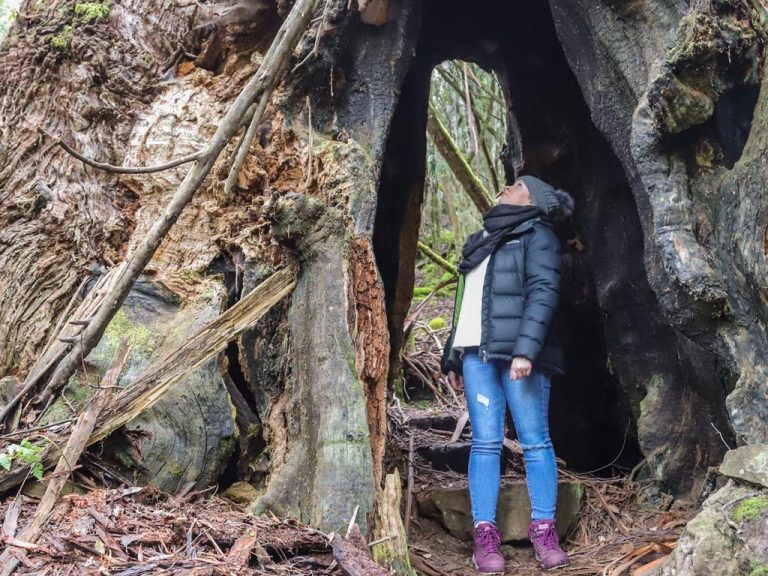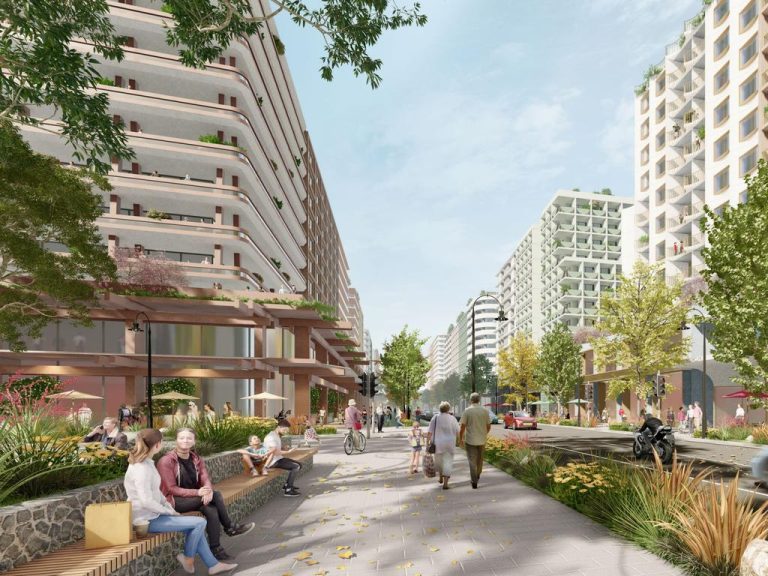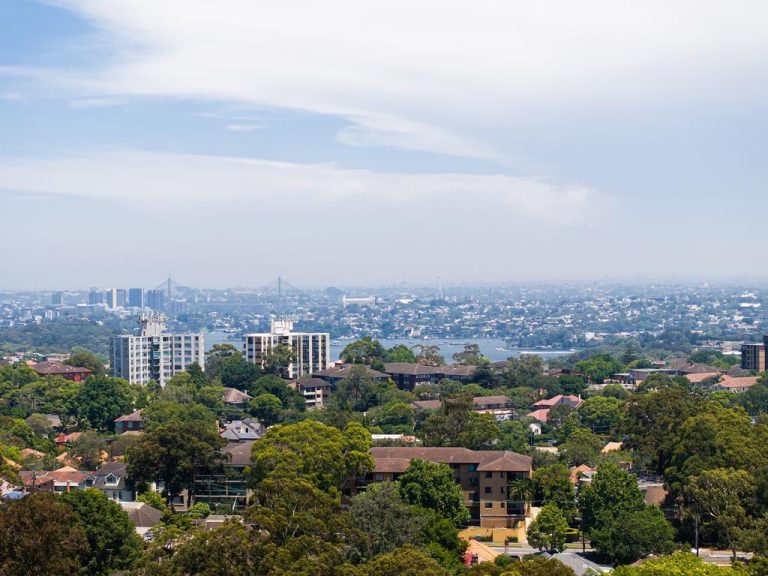Investment guru who turned $60k into $153m reveals best, riskiest buys for 2025
An investment prodigy who turned $60,000 into a $153m property and business empire has shared the properties he expects to outperform in 2025, while also issuing a warning to investors over two “risky” property types to avoid.
Scott O’Neill, the director of the Rethink Group, a buyer’s agency for wealth funds and private investors, said commercial property would be a strong performer next year due to elevated interest rates pushing more buyers into higher yielding properties.
But he added that there were clear points of weakness in the sector and that certain classes of property could even drop in value in the coming months.
One of them was older office spaces, which Mr O’Neill said had been poor investments since the Covid recovery.
MORE: Aussie couple in 30s turn $60k into $153m
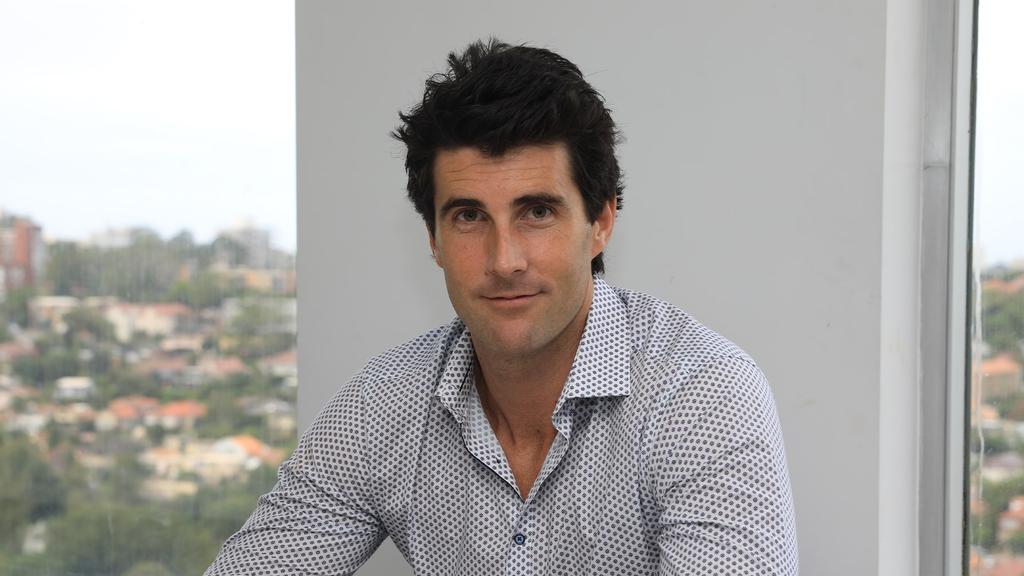
Rethink founder Scott O’Neill has a net worth of $153m, mostly through investing.
MORE: Rates call to spark chain reaction for property
He noted these types of properties had recorded value declines of up to 30 per cent in some instances.
“Older offices have been hard to lease ever since Covid. Many companies are not back to full staff even though return to office is picking up,” Mr O’Neill said.
“Thirty year old buildings without premium fit outs are almost redundant. Vacancies for these types of properties are almost 30 per cent in Melbourne, Parramatta and other CBDs.”
Many of the office spaces that were getting snapped up were flashy new premises in the latest commercial towers, Mr O’Neill added.
“Prime CBD office space appears to have stabilised in pricing, as tenants gradually return to the workplace.
MORE: Clever way Aussie family get to live out Bali dream
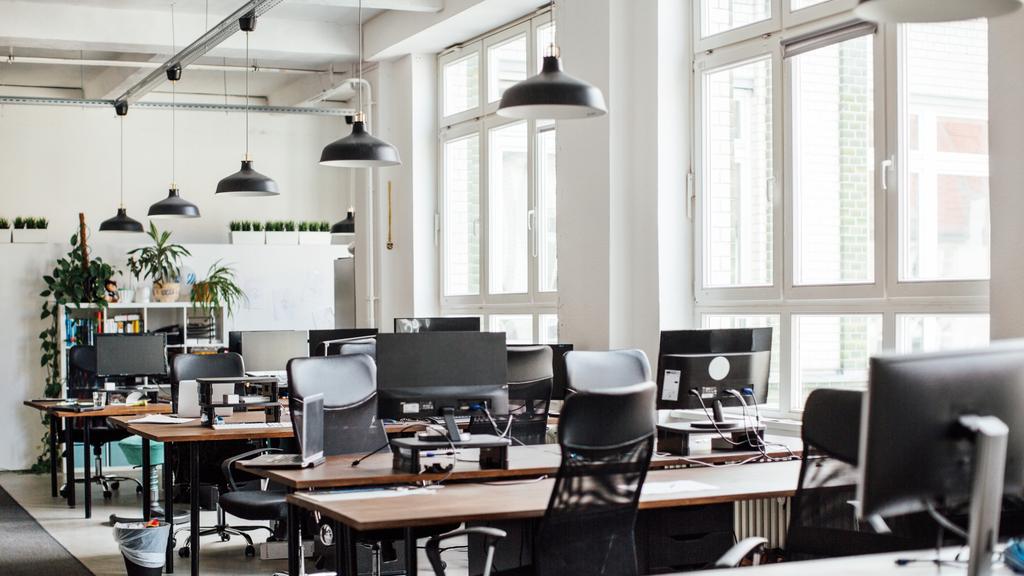
Certain types of office space were risk, Mr O’Neill said.
MORE: Retail site comes with X-rate inclusion upstairs
“The trend of ‘flight to quality’ is benefiting prime office assets while placing substantial pressure on secondary office spaces.
“As a result, older CBD office buildings are likely to face ongoing challenges in attracting buyers and securing tenants in the foreseeable future.”
FUEL STATIONS
Mr O’Neill described petrol stations as another risky buy.
“As an active investor, I encounter hundreds of service stations available for sale, both on and off the market. Notably, major corporations, superannuation funds, and private investors seem eager to exit this asset class,” he said.
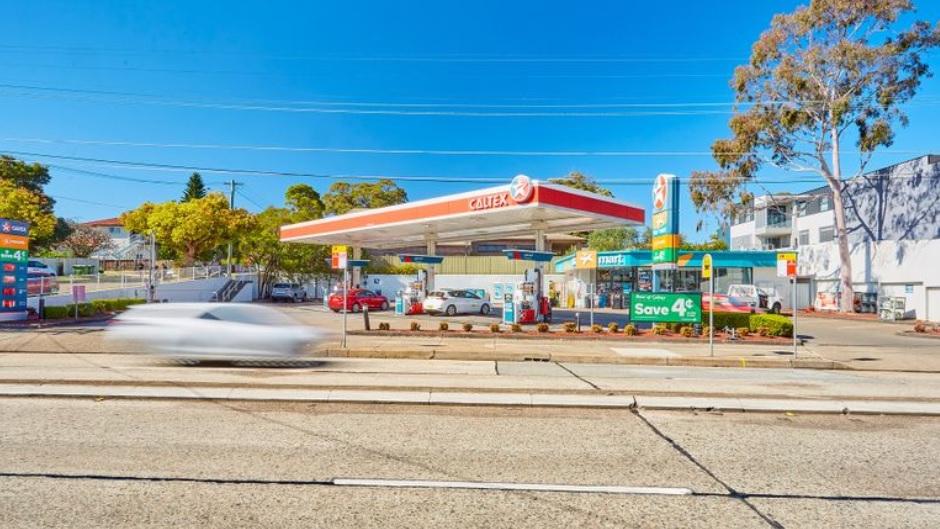
Some petrol stations are being offered as development sites.
“The reasons may include the rise of electric vehicles, shifting investor sentiment regarding the long-term future of fossil fuels, or the strategy of selling at peak prices while leases remain lengthy.
“Regardless of the motivation, this is not an asset class I would confidently rely on for future returns.”
Mr O’Neill added that there were a range of other properties that should be avoided simply because the rental returns were too low.
“Generally lower-yielding commercial properties have faced challenges over the past three years.
“Even industrial properties, traditionally the strongest asset class, have experienced slower growth in the prime segment due to yields being too low compared to current interest rates.”
BEST PROPERTIES TO BUY IN 2025
Mr O’Neill said some of the better plays for investors over 2025 would be retail sites that were attractive to companies that sold essential services.
He said non-discretionary retail could even be the best performing asset next year.
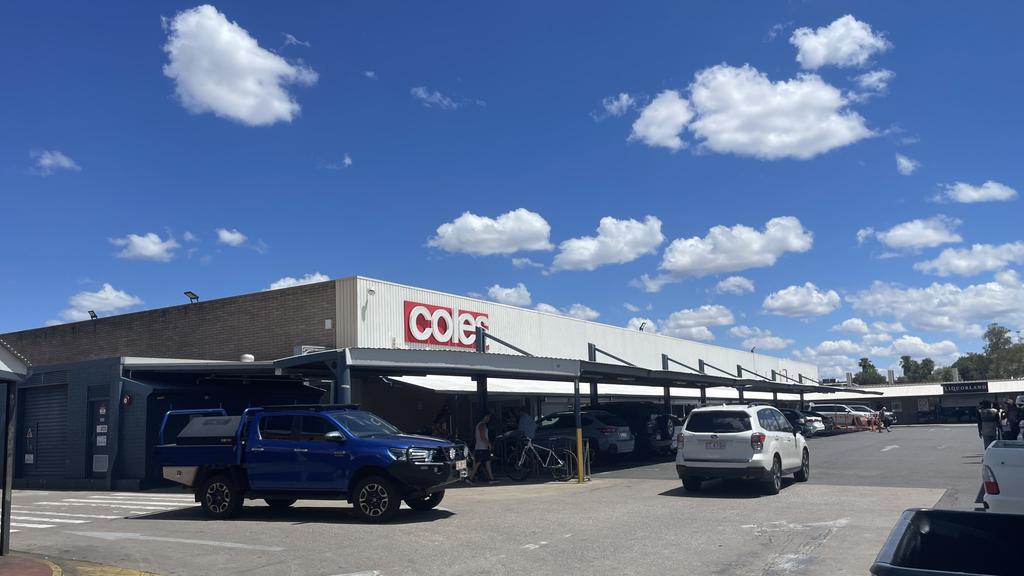
Non-discretionary retail includes sites rented out by businesses selling essential services. Picture: Gera Kazakov
“As global and local economies adjust to shifting market dynamics, non-discretionary retail will remain a safe haven for investors seeking low-risk opportunities.
“With Australia’s resilient population growth and demand for essential services, this sector is poised for stable performance, making it an attractive addition to a balanced commercial property portfolio.”
Industrial properties were flagged as another safe haven with good returns for investors – especially those in the range of roughly $2m-$5m.
These properties tended to offer higher rental yields than pricier prime industrial assets and were expected to see increased demand due to more super funds snapping up properties.
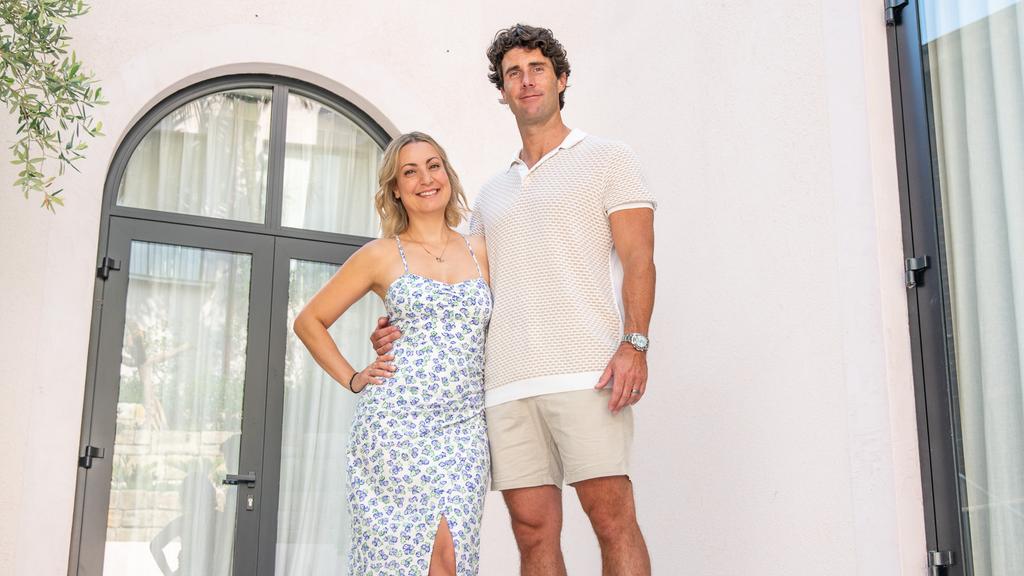
Scott and Mina O’Neill started investing with $60,000 in savings. Picture Thomas Lisson
“In 2025, the investment focus will likely shift towards yield-driven opportunities, as interest rates are predicted to remain elevated compared to the five-year average.
“Higher-yielding commercial properties, such as secondary industrial assets, will be heavily favoured in this interest rate environment. Rental and capital growth are also a big strength of this asset class.”
Medical centres, childcare facilities and other speciality assets that tended to be “recession proof” were also good buys because the yields were often well over 6 per cent – something rarely seen in residential markets, Mr O’Neill said.
“Medical centres and childcare facilities are considered recession-resistant assets due to their long lease terms, growing demand, and government rebates or support.
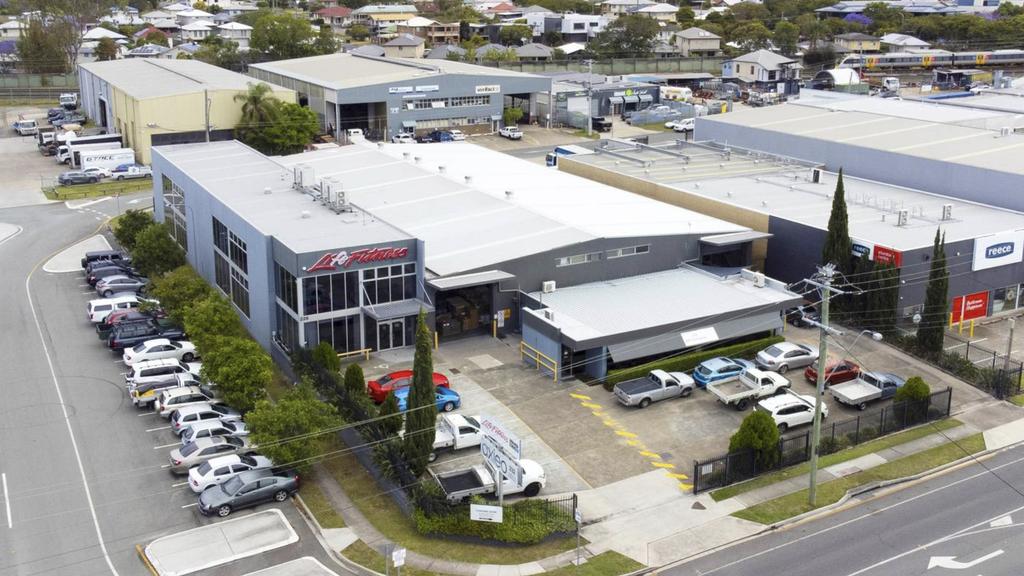
The couple made a lot of money investing in industrial sites, such as this one in Brisbane.
“Leases for these asset types often extend beyond 15 years, providing a strong sense of stability. For conservative investors, these properties offer reassurance and reliability within the commercial asset sector.”

